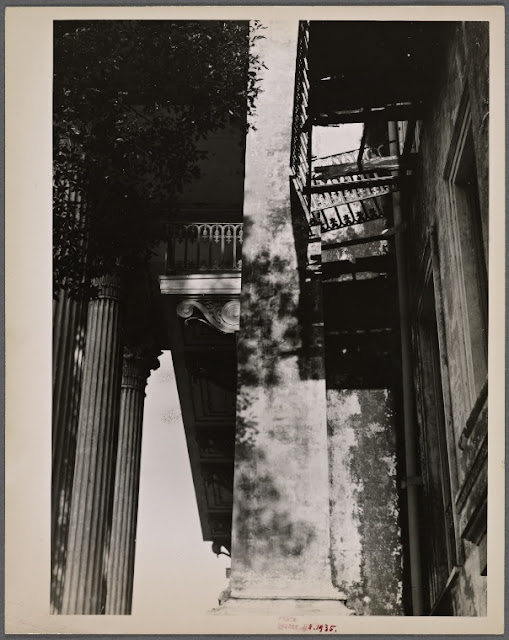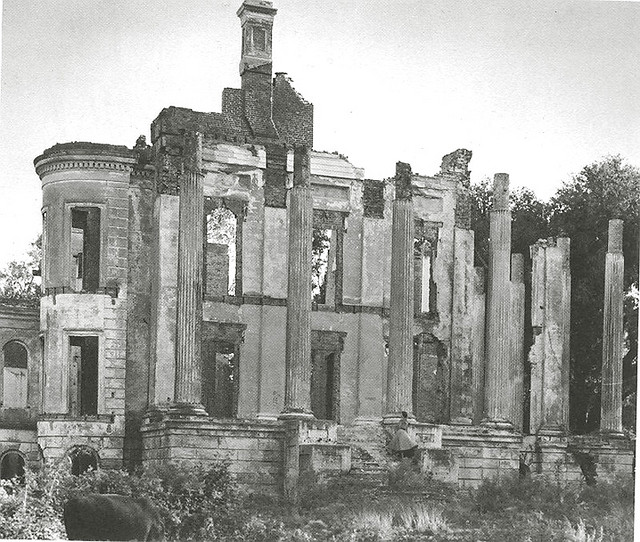A friend of mine posted a photograph on Facebook yesterday of a bullfighter being horrifically gored. He captioned it simply, "
Sometimes when you stab an animal that animal will stab you back", as a statement against the institution of bullfighting. While I understood his point, I can't imagine that he has many FB friends who are also tauromachophiles, and who might thus be converted by the sight of this incredibly gruesome image. Many, if not most, will feel that what happened to
Juan José Padilla last year was only just, considering his chosen profession, but I'm unable to view the incident in quite such a simple, straightforward manner.
For the record, I'm no fan of bullfighting. And though I generally regret the passing of traditions that contain any element of beauty or glamour, I think that bullfighting should and must pass away. The animal rights aspect - and for the horses used in the
corrida de toros, as much as for the bulls - is clear; the whole business is indefensible. And yet I think we - especially we Americans, so decisive and short-sighted and unsubtle in all things - don't look with any depth as to
why this tradition still exists. And why it arouses such a deep veneration and passion in those we can't otherwise argue are simply savage or uncultured. What do they see and experience that we don't?
Though it is usually referred to as a sport or bloodsport, I'd have to agree with the alternative argument that it is an art form. (A perverse one, yes.) And much more than that, a ritual. A very codified ritual of violence. Blood ritual is not something very comprehensible or attractive to the majority of modern society, and certainly anathema to the ever-lurking Puritan ethos of Americans. But bullfighting goes back to prehistory.
Prehistory. And I believe there is something
elemental in this bloody pageant that, from the comfort of our modern existence, we now find incomprehensible and rightly horrific. But has the instinct that would call us to witness this sort of prehistoric theatre been bred out of the majority of us? Are we safe enough in our soft world that our genetic material can let go all that? Or is it yet a part of our makeup? Will it always be? (The constant insane violence around the planet would seem to answer yes to that query.) As we get farther and farther away from the original workings of nature, as a technological construct is more and more our living reality, what is our connection with our historical and biological needs and instincts? Can we maintain a balance that is healthy for us, in the physical and emotional forms we inhabit?
Which brings me to sex.
***
I'm loathe to even bring up this topic, since people will make all sorts of assumptions about my own sex life and my relation to "the act". And I'll feel compelled to make all sorts of suspicious defense for the quality and variety of said sex life. I'll need to try and convince all and sundry that I have a very healthy regard for the delightful activity, and that I'm surprisingly hangup free, and -- well, you see where we get to with this. But, as with most things, I can't help but pipe up when I have something to say. And I can't help but observe that our modern society is in a complete frenzy about sex. Still.
We had the sixties, didn't we? And then the Seventies. We've even had Madonna. (Still do, apparently.) You'd think we'd be a little fatigued by the constant, adolescent chatter about sex. Like it was something new. Maybe - but only maybe - we do it better now, otherwise it's the same old terrific thing. The difference being that, for several decades now, we've had a seemingly ever escalating obsession with it. Or at least our obsession with talking about it, portraying it, seems to keep escalating. It is ever present in the media, in advertising, in popular music. And especially in film, graphic or even actual. Its pointed inclusion seems to be a current prerequisite of most entertainment, "high" or "low"; it's often its raison d'être.
And there is a definite pressure in the arts to make work that is sexualized and graphic. I know or am acquainted with a lot of writers, my wife among them. A lot of them write a lot about sex. To be clear, I have no problem with that; writing about sex is just as valid as writing about anything else. (Much of it deals with abuse, which I put in a different category altogether, and don't take issue with here.) But I think that within the literary community and in publishing, there's a sense that if there isn't a fair amount of sex in your work - good, bad, or ugly - and if you aren't being quite graphic, that you're backing off of something important and "deeply human", and that therefore your work is probably shallow and maybe even cowardly. (And not terribly marketable.)
I enjoy my share of "graphic". Yes, I do. But that doesn't keep me from thinking that things are quite a bit out of balance in this regard. What is it that keeps us so continually fixated on sexuality, ours and that of others, fictive or real? Not all of us are still working out the effects of our sexually repressive childhoods, are we? We don't all need to reclaim our sexuality and maximize, fortify our performance and/or pleasure, do we? Our sexual selves really don't need this much expression, do they? Or is it...?
***
I believe that the further we get from any sort of a natural existence, the more we find ourselves connected to and are often troubled by our more "animal" instincts. Our moral conscience has advanced to a point of civilization where most would find bullfighting - blood ritual - abhorrent, but what is retained within us, unalterable? To varying degrees we are all conscious or unconscious of our biological underpinnings and heritage. But finding ourselves submerged in the disorienting technological soup of modern life, it becomes increasingly difficult to function with any sort of human/animal certitude; our lives are machine-made, but where does the animal still lurk?
Which brings us back to sex. The farther we remove ourselves from nature, and the more dislocation we sense in our not-yet-adapted bodies, the more fiercely we crave a connection with the animal we find in our genetic selves, the connection that we experience through sex. Our lives are so altered by the unnatural, our instincts so denied, that we flee to the safety of our sexual lives. Because sex is one of the very last places left to us that allows for an unaltered, untempered connection with our purely animal selves. I believe the unbalanced nature of our lives has led us to an unbalanced obsession with sex and sexual expression; we hunger for some vestigial connection with the elemental within us. The animal instinct has become a refuge.
































































